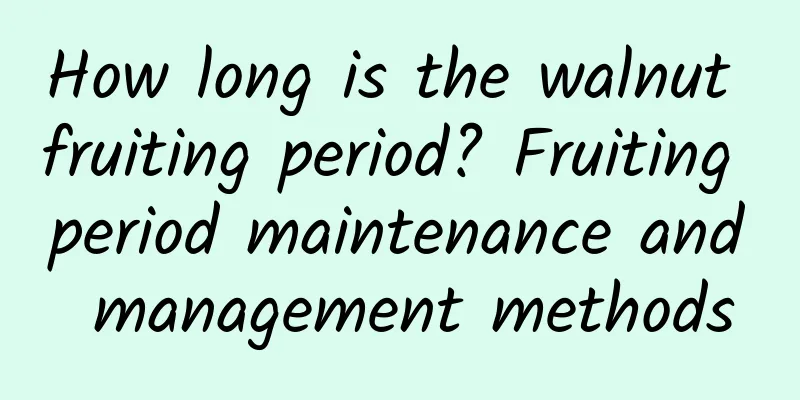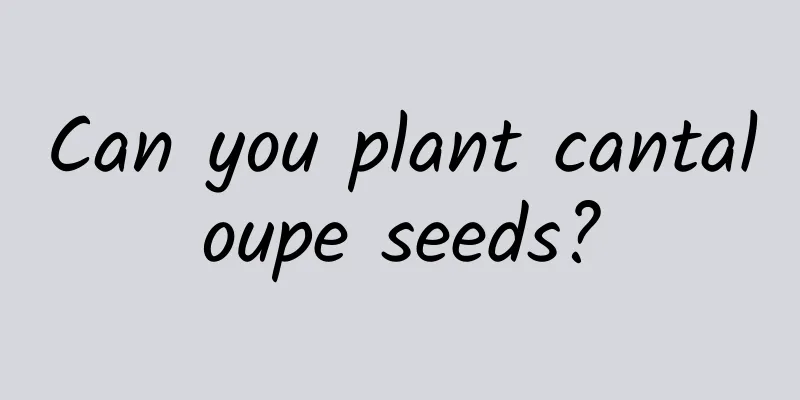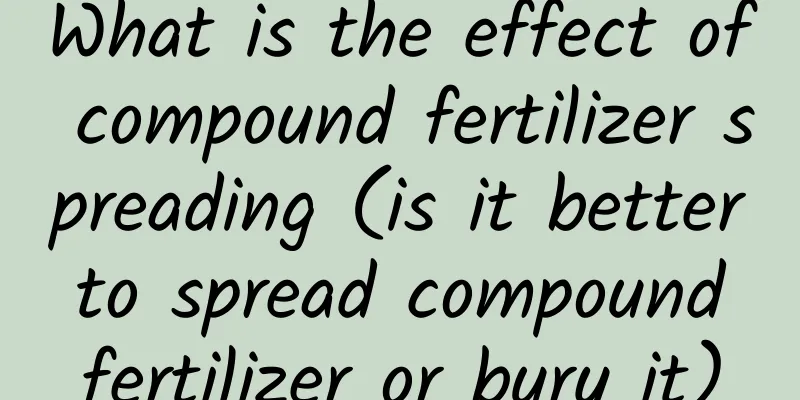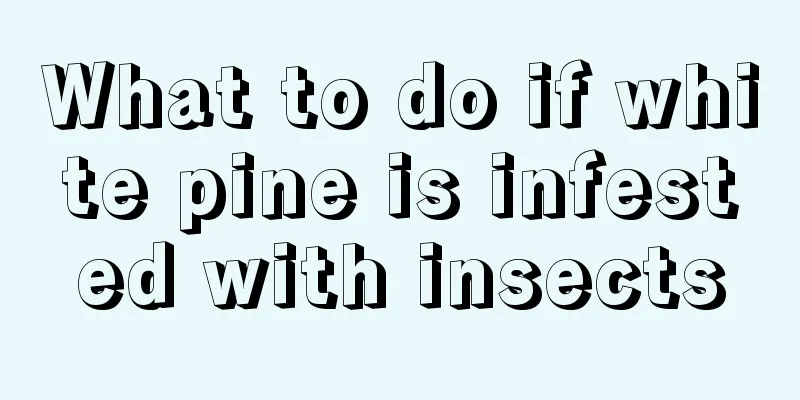Diseases and Pests of Red Rhododendron and Their Control
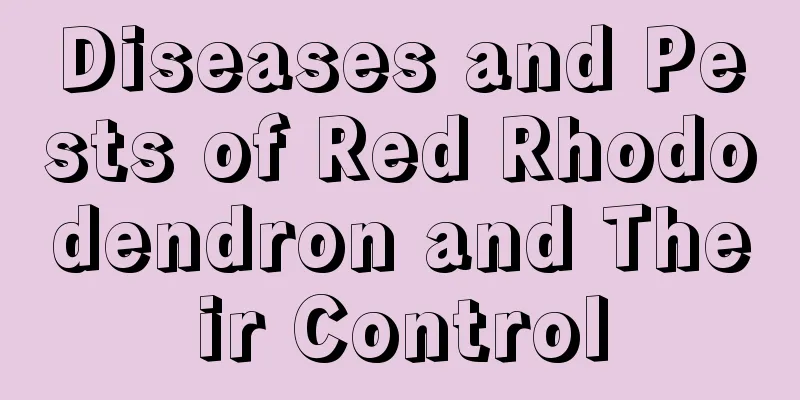
Diseases and Pests of Red Rhododendron and Their ControlLeaf blightIn the early stage of the disease of red yew, you can spray 600-800 times diluted 25% carbendazim wettable powder, or 600 times diluted 70% mancozeb and other agents. Generally, spray 2-3 times every 15-20 days. Perforation diseaseFor the prevention and control of perforation disease, remove and burn diseased branches and leaves in autumn to reduce the source of infection; strengthen management, increase the application of organic fertilizers and phosphorus and potassium fertilizers, and do a good job in preventing drought and waterlogging, which will help enhance tree vigor and thereby improve the plant's own resistance. Before and after the red yew trees unfold their leaves, especially for seedlings, it is necessary to spray 3-5 degrees Baume lime sulfur mixture, or 500 times diluted 65% mancozeb in time; for the prevention and control of bacterial perforation disease, zinc sulfate lime solution can be sprayed after the leaves unfold. Leaf spotFor the prevention and control of leaf spot disease, it is also necessary to cut off and burn seriously diseased leaves in autumn and winter to reduce the source of infection; control the reasonable distance when planting, not too dense, and prune appropriately to maintain good ventilation and light conditions; avoid wetting the leaves when watering, it is best to do it in the morning on a sunny day; chemical control can be done in the early stage of the disease, spray 75% thiophanate-methyl wettable powder 700-800 times liquid once every 10 days or so. When the disease develops more seriously, you can spray 50% carbendazim 1000 times diluted for prevention and control. aphidFor the prevention and control of aphid pests, you can use 1500 times diluted 20% cypermethrin emulsifiable concentrate for spraying, or apply 1000-1500 times diluted 50% aphidicide emulsifiable concentrate, or 1000 times diluted 80% dichlorvos emulsifiable concentrate for effective prevention and control. |
<<: Diseases and Pests of Apricot Trees and Their Control
>>: Avocado pests and diseases and their control methods
Recommend
What flowers are suitable for growing in Jinzhong? What are the city flowers and trees?
1. Climate characteristics of Jinzhong Jinzhong h...
How to propagate bamboo orchid
1. Growth habits First, let’s understand the grow...
Daisy Flower Language
1. Flower language It is a plant of the Asteracea...
Can Anthurium be placed in the bedroom?
Is Anthurium poisonous? The flowers of anthurium ...
What to do if Amaryllis only grows leaves but does not bloom
1. Not enough years Reason: Amaryllis can be cult...
Can the drooping leaves of white palm be restored?
1. Reduce watering Excessive watering will cause ...
Which one is easier to grow, Daphne odora or Daphne odora
The difference between Daphne odora and Daphne od...
What is the best month to plant Wenwan gourds?
When to plant Wenwan gourds Wenwan gourds are gen...
Cultivation methods and precautions of Tortoiseshell Peony
1. Maintenance methods 1. Flower pot selection: T...
Is the yield of cowpea high? What is the yield per mu?
Is cowpea high in yield? The yield of cowpea is v...
How to fertilize Jilongyue? Timely adjustments have a good effect!
Fertilization method of Jilongyue: Spring and Fal...
How to take care of the newly bought rainbow jade
1. Lighting Rainbow Jade has a strong demand for ...
How often should you water Spathiphyllum?
How often should you water Spathiphyllum? How oft...
When should peach trees be pruned? How to trim?
Pruning peach trees is an important measure to en...
How to divide Monstera and what are the time and method for dividing the pots
Time to divide Monstera The best time to divide t...



